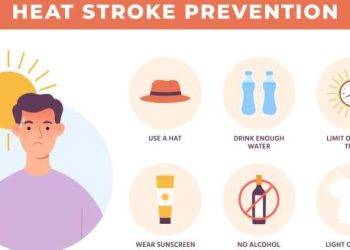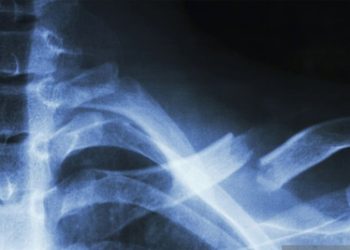Symptoms of Heart Attack
Recognising the symptoms of heart attack is crucial for initiating lifesaving treatment. The symptoms of heart attack can present in a variety of ways depending on the individual’s age, sex, medical history, and even emotional state. While chest pain is the hallmark symptom, many other warning signs may occur, including those that are more subtle, especially in women, older adults, and people with diabetes.
The most classic and widely recognised symptom is chest discomfort. This is often described as pressure, tightness, squeezing, heaviness, or pain in the centre or left side of the chest. The pain may feel like a belt being tightened or an elephant sitting on the chest. It usually lasts more than a few minutes and may come and go. Importantly, not all chest pain is severe—some heart attacks cause only mild or even atypical discomfort.
Pain may radiate to other areas of the upper body. Commonly affected regions include the left arm, shoulders, neck, jaw, upper back, and occasionally the right arm. This radiating discomfort can be constant or intermittent and may be mistaken for muscle strain, indigestion, or anxiety.
Symptoms of Heart Attack
Shortness of breath is another common symptom, and it can occur with or without chest pain. It may feel like the person can’t take a deep breath or is suffocating. This symptom is especially common in women and older adults and may occur while resting or with exertion.
Other physical symptoms can include:
Cold sweats or excessive perspiration unrelated to heat or exertion
Nausea or vomiting
Light-headedness, dizziness, or fainting
Palpitations or a racing heart
Extreme fatigue or a sense of weakness, particularly with exertion
A sense of impending doom or anxiety without a clear cause
Women are more likely to experience atypical symptoms. Instead of the classic crushing chest pain, they may feel unusual fatigue, discomfort in the upper abdomen, indigestion, or back pain. Because these symptoms can be vague or attributed to non-cardiac conditions, they often delay treatment.
Some people, particularly those with diabetes, may experience a “silent” heart attack with no noticeable symptoms. In these cases, the heart attack may only be discovered incidentally during routine tests or evaluations for other complaints. This highlights the importance of regular screening and understanding personal risk factors.
It’s important to understand that the presence of these symptoms—especially in combination—should never be ignored. When in doubt, it is safer to seek medical attention than to wait. Emergency services should be contacted immediately if a heart attack is suspected, as early treatment greatly reduces the risk of long-term damage and death.
Symptoms of Heart Attack
In conclusion, the symptoms of heart attack go beyond just chest pain. Being aware of the broad spectrum of signs and acting quickly can make a critical difference in survival and recovery.


